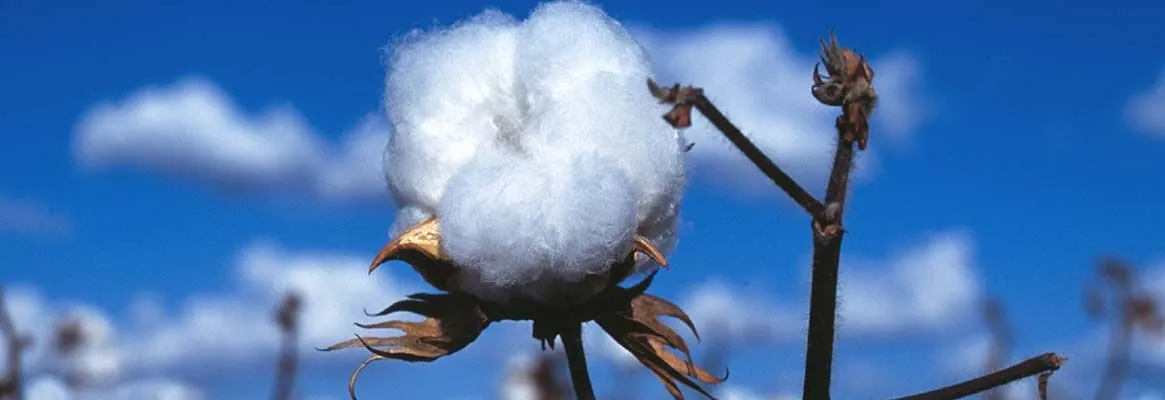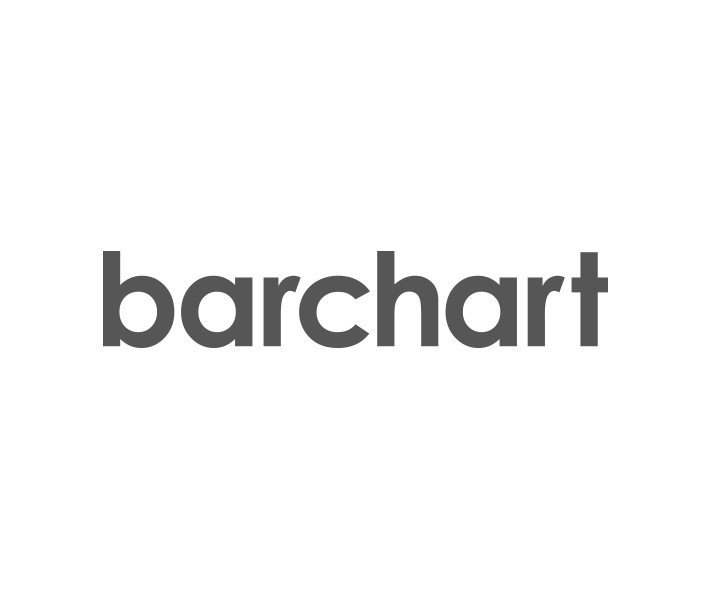Agrostar group and LuLu Group are already working on pomegranates and Guavas to bring Indian fruits to the supermarkets and hypermarkets of the LuLu Group in the Middle East.
In a landmark development for the Indian F&V/horticulture sector, INI Farms, part of the AgroStar group, has entered into a Memorandum of Understanding (MoU) with LuLu Group International, to build a direct farm-to-retail partnership for the Indian Cavendish Bananas. This is a further extension to a long-term partnership between the two groups already working on pomegranates and Guavas to bring Indian fruits to the supermarkets and hypermarkets of the LuLu Group in the Middle East.
The MoU signing on 23 January 2024, is a groundbreaking moment for Indian Banana exports as it marks the direct servicing of a reputed large global retailer like LuLu Group International by an Indian F&V Brand. The event kicked off earlier in the day with the Flag-Off of the first container from INI Farms’ packhouse in Baramati to LuLu Group UAE, followed by the MoU signing event at Pune, ushering in a new era of partnership and progress in the Indian F&V export business. The event was graced with the presence of Salim M.A., Director, LuLu Group International along with dignitaries such as Dr Sudhanshu, Secretary, APEDA, Dr Brajesh Mishra, Head, Regional Plant Quarantine Station, Mumbai, along with other senior representatives from NABARD, Aavishkaar Group and Maharashtra Agriculture department.
Under this strategic partnership, INI Farms working with the AgroStar network of farmers in Maharashtra and Andhra Pradesh, will adhere to the highest standards of quality required for its products to be in global supermarkets and ensure a year-round supply to meet the demand of the LuLu’s end consumers. The partnership highlights the capabilities of the AgroStar group to serve Indian farmers across the value chain and fulfill the quality expectations of customers across the world. AgroStar’s tech capability, strong farmer relationships, agronomy expertise and wide range of agri input products combined with INI Farms’ strong sourcing, post-harvest & supply chain capabilities and its global network of customers/retailers gives the AgroStar group a unique advantage in India’s AgTech landscape.
Sharing her thoughts on the momentous occasion, Purnima Khandelwal, CEO, INI Farms said, “This MoU is a significant milestone not just in the journey of INI Farms, but also for Banana and Guava farmers across the country. We are excited about the prospect of directly servicing a highly reputed global retailer like LuLu and ensuring the highest quality of Indian bananas and Guavas from our farms to their retail shelves. We are grateful for the faith and trust shown by LuLu Group and excited about the opportunities this collaboration can bring for Indian farmers.”
Speaking during the event, Shardul Sheth, Co-founder and CEO, AgroStar said: “INI Farms has gone from strength to strength over the past few years. Last year, we witnessed landmark developments like the first Indian consignment of our ‘Kimaye’ branded bananas being shipped to the Netherlands and becoming a pioneer in the industry to successfully ship great quality pomegranates to the USA among other achievements. Our collaboration with LuLu Group International is yet another important milestone and a testament to our capability to be able to supply F&V products of global quality standards to marquee retailers and end customers around the globe and our passion to continue to build deep and meaningful relationships servicing the seed to market linkage needs of our farmers.
Sharing his thoughts during the event, Salim M.A., Director, LuLu Group International said, “This MoU is not just a trade deal, it is about celebrating the rich agricultural diversity of our nation and supporting our hardworking farmers. LuLu Group International aims to be the pioneer in sustainable agriculture and set new standards in quality and innovation. We have been working with INI Farms for close to a decade and this MoU further strengthens our collaboration. Together, in collaboration with our farmers and partners we will explore new markets and contribute to the growth of the agriculture sector. This MoU is a milestone and I’m confident that our partnership will be marked by success.”
Dr. Sudhashu, Secretary, APEDA, Ministry of Commerce & Industries shared his thoughts at the event, “The MoU signing, and Flag-Off event marks a historic moment for the Indian AgTech industry, representing a leap toward making banana exports the first billion-dollar fruit out of India in the next couple of years.”
Agrostar group and LuLu Group are already














